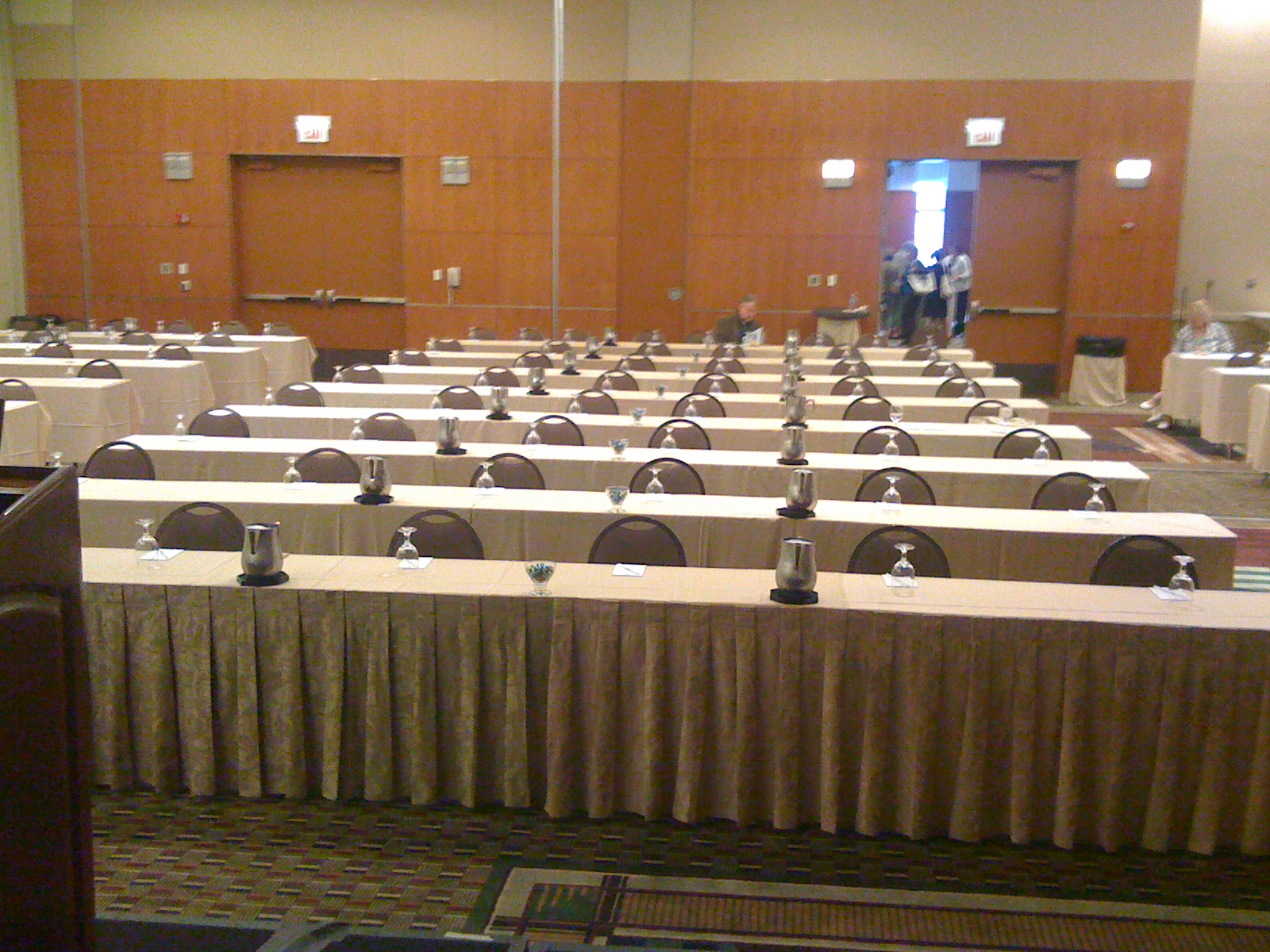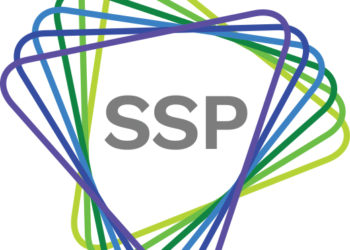I want to make a quick public statement to confirm for those who have asked — yes, indeed, I’m taking 2011 off from the speaker’s circuit, with very few exceptions.
Giving talks is hard work, and it puts a person in “broadcast mode” a great deal. It’s time to switch into listening mode for a while.
Pondering this change forced me to take stock, count things up. By my tally, I spend 15-25 hours on any particular talk once all the slide-making, audience targeting, research, revisions, rehearsals, and so forth are accounted for. Add to that the travel involved, and giving a talk becomes about a one-week total commitment — two days of preparation, two days of travel, and one day for the talk itself. This can vary, of course — some international talks add many days and some back-to-back talks reduce the days — but on average, this estimate feels about right. And having a core presentation doesn’t help as much as you might think. Because even a familiar slide deck wriggles out of my grasp when being prepared for a new audience, I have to spend about the same amount of time adjusting, revising, and relearning it.
By a rough count, I’ve given about 50 significant talks over the past five years (with many smaller talks sprinkled in for a savory effect). That’s an average of 10 talks (or 10 weeks) per year. Put another way, I’ve spent one year of the last five on the speaker’s circuit — either preparing talks, traveling to give talks, giving talks, or returning from talks.
Giving talks can be a lot of fun and very rewarding. I love meeting the people at conferences, and audience questions can change your perspective on a topic (either right then and there, or later upon reflection). Putting talks together forces you to get your ideas in order, too, which is a very good use of time.
The easiest talks to give are those at meetings I’m already attending, but even those take a lot of preparation before and depressurization after. I find myself missing a good portion of these meetings because I’m speaking — either I’m a keynote who vanishes appropriately after sparking a meeting’s fuse, or I have to retreat pre-talk because I find I want to adjust my talk before giving it, or I want to vanish after giving a talk because I’m too worn out and/or self-conscious to hang with the pack.
Speaking of packs, Scott Berkun, who wrote “Confessions of a Public Speaker,” identifies why we’re evolutionarily not disposed to public speaking:
Our brains . . . identify the following four things as being very bad for survival:
- Standing alone
- In open territory with no place to hide
- Without a weapon
- In front of a large crowd of creatures staring at you
I’ve learned to slip this evolutionary trap, but I do think speaking is especially draining because it takes energy to overcome the instinct to flee. And feeling drained at a meeting is no fun. I want to return to attending meetings for a year to learn some new things, with normal energy.
Another risk a speaker courts is overexposure. We each only have so many attitudes, so much knowledge, and so much to say. I’ve had people reflect openly in front of me that they think I’m overexposed. (I stifle the instinct to check my fly.) But hearing such comments a few times recently has made me realize that it’s time to go and discover new things to say, rethink some positions, and get off the stage.
(And I’m hoping I can finally check my fly. What if that’s what they were saying all along?!)
At the 2010 SSP Annual Meeting, Geoff Bilder opened my eyes to the easiest talk of all to give — PowerPoint Karaoke. Not only is it impossible to prepare for, it was also a riot. So, with the exception of (I hope) repeating that performance at an upcoming SSP meeting (hint, hint, Annual Meeting Committee) or doing things equally undemanding, I’m taking a break from the circuit this coming year.
I just wanted to go on the record so that people who are asking for talks next year know this is a true decision, not a selective response. Unless, of course, you can arrange a session like PowerPoint Karaoke with someone like Geoff Bilder. Then, I’ll be there!
Discussion
4 Thoughts on "Taking a Break — The Reasoning Behind a Speaker’s Circuit Sabbatical"
Kent,
I’ve greatly enjoyed hearing you speak at various meetings and always learn quite a bit from your talks. I do hope there is a repeat of Power Point Karaoke as I consider the combination of yourself and Geoff to be the “dynamic duo” of my conference experiences. Having said that, I understand your reasons for doing this and look forward to your triumphant return in 2012.
Happy holidays!
Adam
Why the obsession with PowerPoint? It seems that every talk one attends these days is accompanied by a PowerPoint, and I hear complaints all the time about “oh, no, not another mind-numbing PowerPoint”! I think the overuse of PowerPoint has turned people into lazy listeners. Save yourself some time and eliminate the PPs.
Some people use PowerPoint well, some use it as a crutch. I hope I use it well — very little verbiage, integrated into the talk, used to deliver information words cannot, etc. Also, it is a good tool for organizing thinking. But I agree, used as a crutch, it can be torture.
That said, using it well can improve a talk and take more time.




